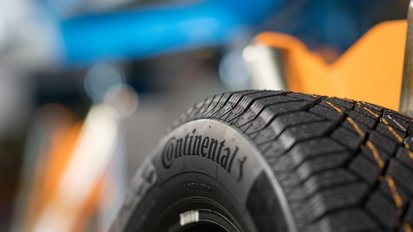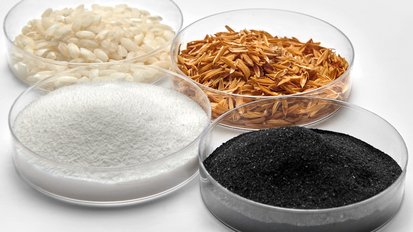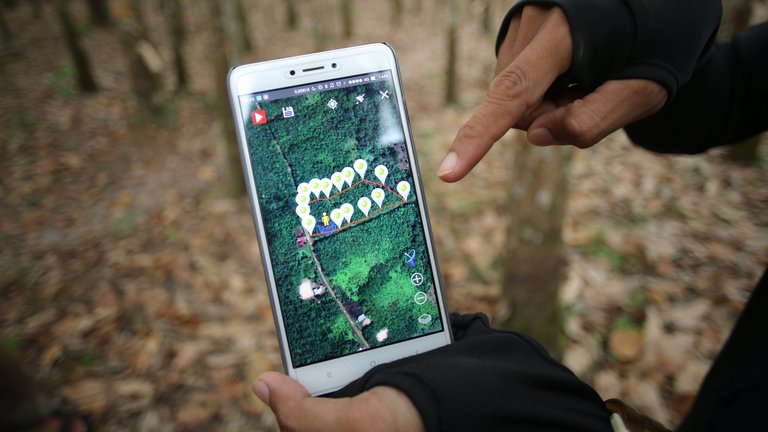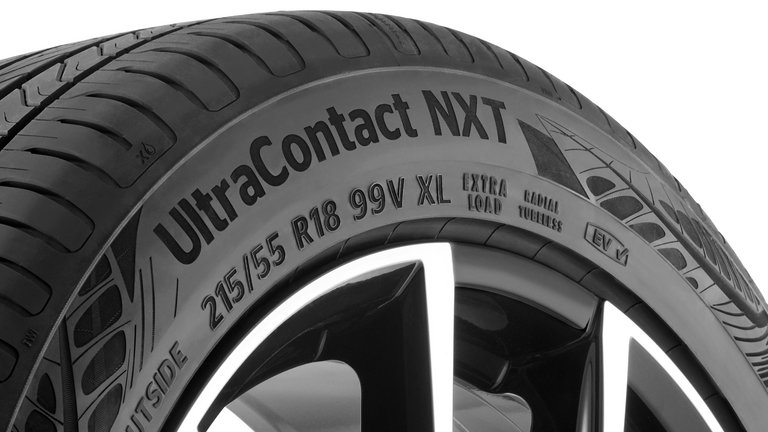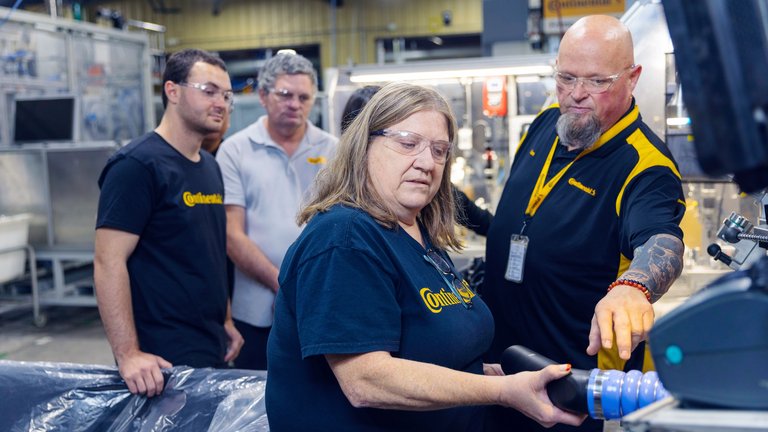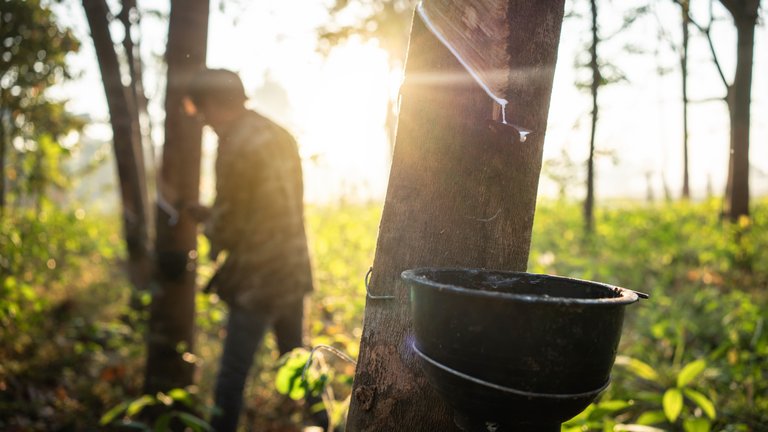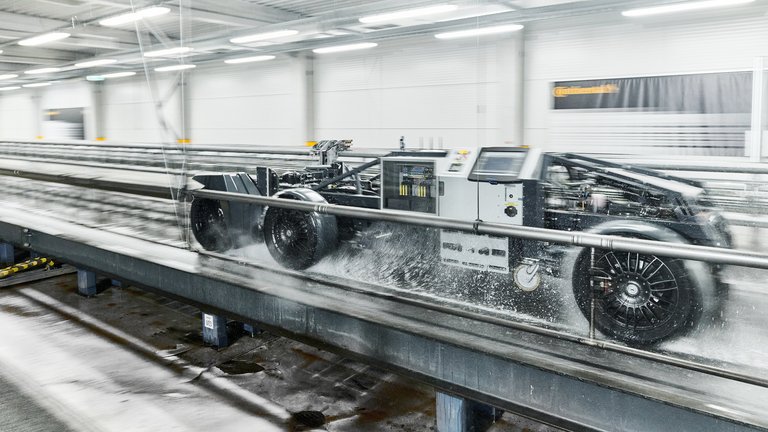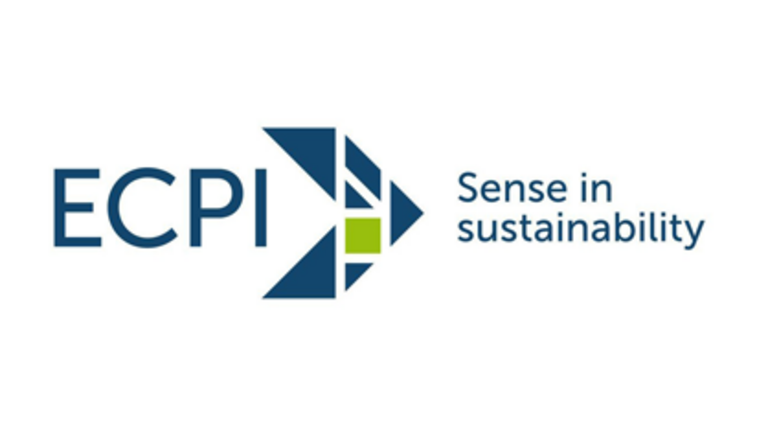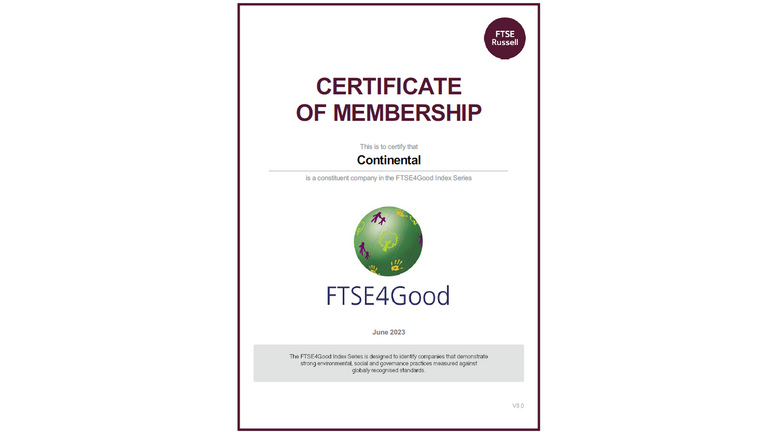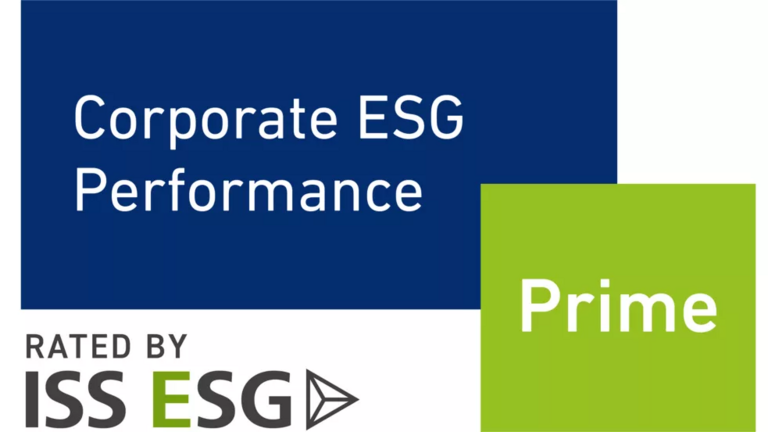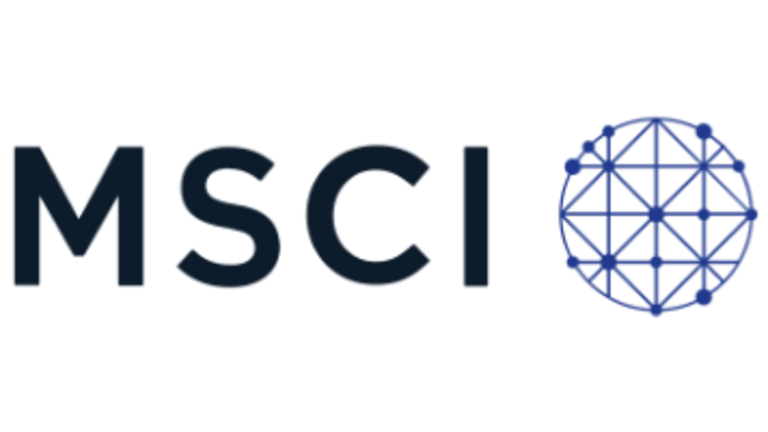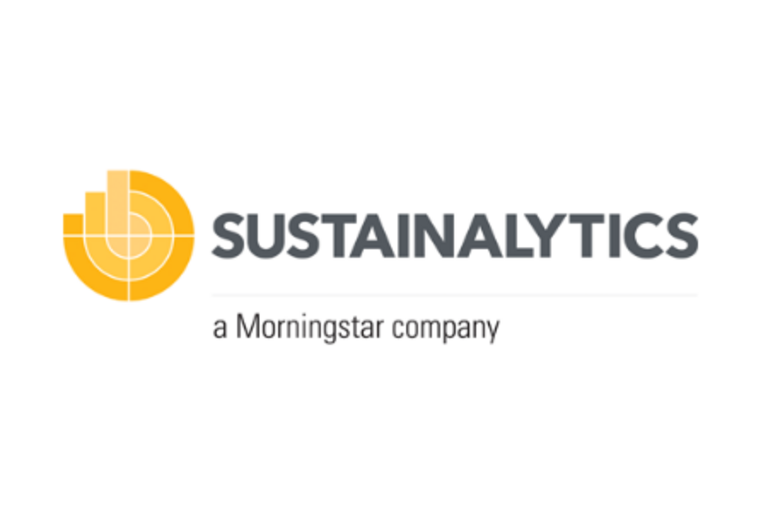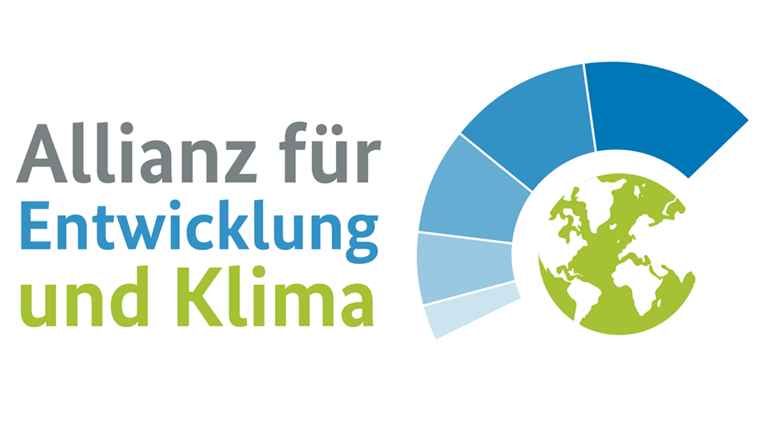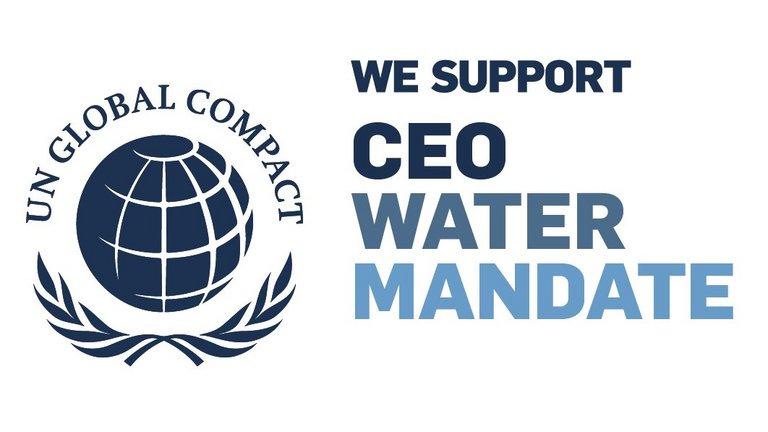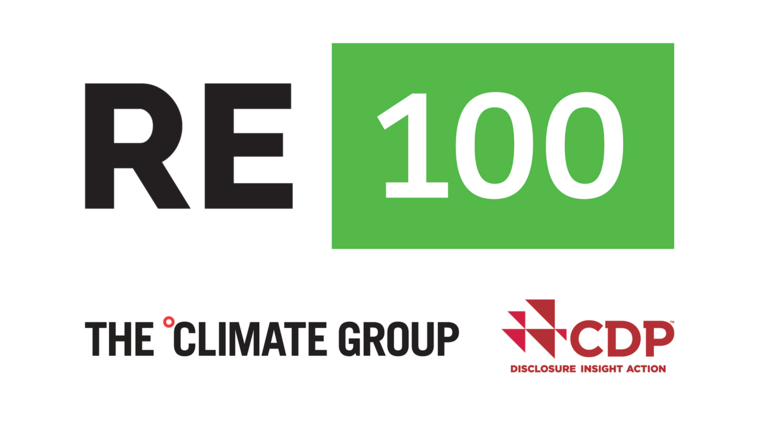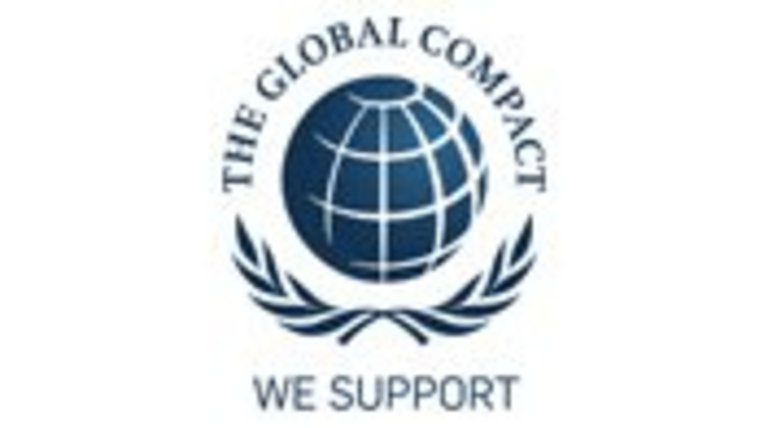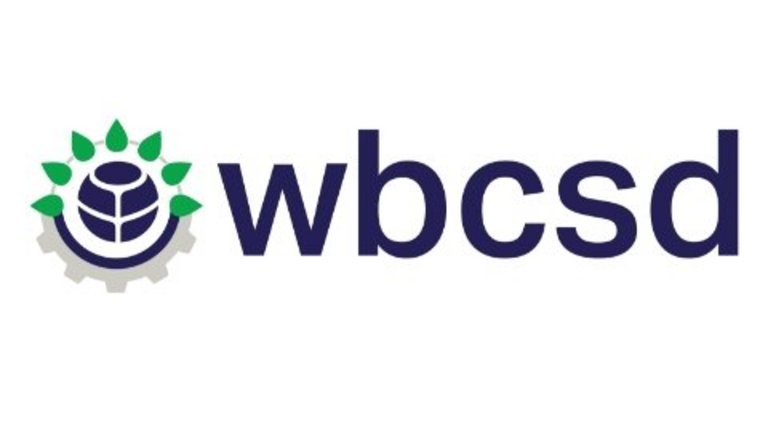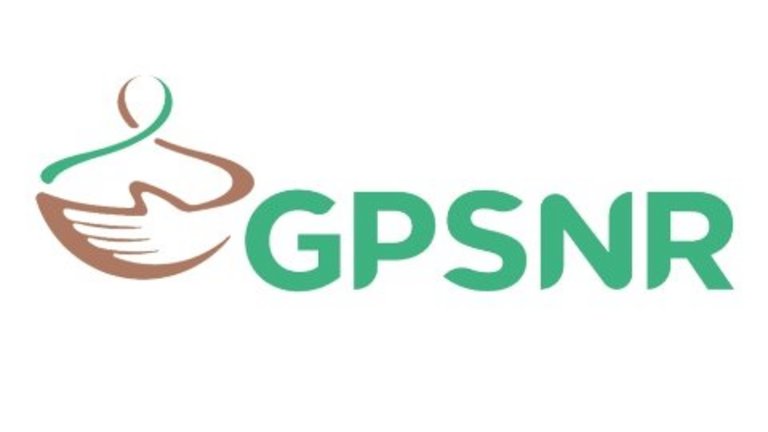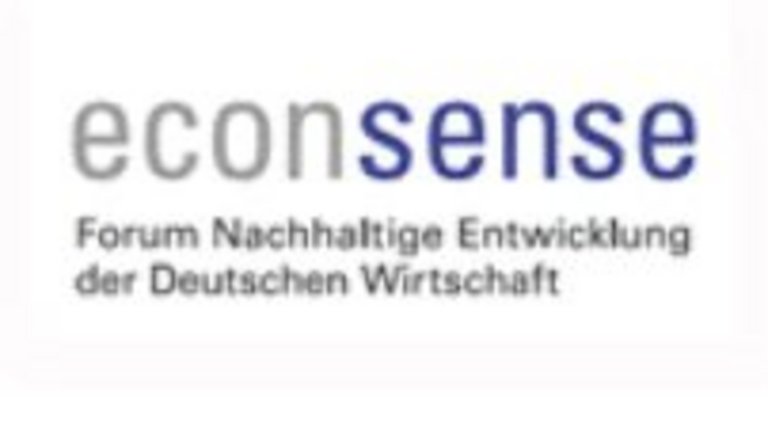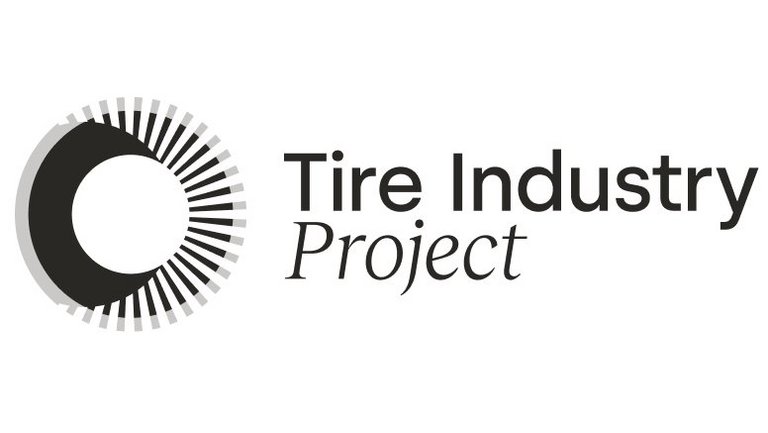Sustainability at Continental
Sustainability is a driver of innovation for Continental during the current transformation of mobility and industry. It is firmly anchored in the corporate strategy and forms a key component in the corporate vision 'CREATING VALUE FOR A BETTER TOMORROW'.
In its Group’s sustainability ambition, Continental describes how the company wants to shape the transformation in relevant topics areas with respect to sustainability in order to reduce negative impacts, strengthen positive effects, seize transformation opportunities, and mitigate transformation risks.
Along with the relevant guidelines, this ambition constitutes the framework for existing management approaches, strategies, programs, processes and targets, as well as their further development.
News
Latest developments on sustainability at Continental:
Performance in figures
The following section outlines the performance of Continental’s three public sustainability targets. Further information on the metrices and public sustainability targets can be found in the chapters on Climate Change, Resource Use and Circular Economy, and Own Workforce. Details on additional metrices are available in the current Sustainability Report.
Metric tons of CO2-e (Combined own Scope 1 and market-based Scope 2 GHG emissions) in fiscal year 2024
Female senior executives and executives without USA as of December 31, 2024
Input of renewable and recycled materials in tire production in fiscal year 2024
Sustainability Report
Since 2011, Continental has been publishing an annual Sustainability Report.
Since 2024, the Sustainability Report has been an integrated part of the Annual Report of Continental. The Sustainability Report contains the information to be disclosed for fiscal 2024 in accordance with Art. 8 of EU Taxonomy Regulation (EU) 2020/852 in conjunction with Art. 10(2) of the Delegated Regulation (EU) 2021/2178 of the Commission. It was voluntarily prepared to meet the requirements of Directive (EU) 2022/2464 of the European Parliament and of the Council of 14 December 2022 Corporate Sustainability Reporting Directive, (CSRD), and in full application of the European Sustainability Reporting Standards (ESRS). Based on the double materiality assessment, the subsequent ESRS topic-specific chapters describe the material impact, risks and opportunities, management approaches, public sustainability targets, key measures, and metrices. The forward-looking statements made in the Sustainability Report are based on the management’s assessments and intentions regarding the company’s future development as of the publication date in March 2025.
The integrated Sustainability Report presents the developments in the sustainability work over the past fiscal year. This and other publications on key data and facts can be found under Reporting and Downloads.
Guidelines and country-specific sustainability reporting
Continental pursues an official sustainability ambition and has adopted various global codes of conduct. In addition to the Group Sustainability Report, sustainability reporting is also carried out in accordance with country- or market-specific regulations.
Country-Specific Sustainability Reportings
The reports listed below comply with country-specific or market-specific regulations and may therefore differ from the Group Sustainability Report, for example in terms of scope or reporting entities.
Australia Modern Slavery Statement 2024 - pdf (252KB)
UK Modern Slavery Statement 2024 - pdf (176KB)
Canada Modern Slavery Statement 2024 - pdf (196KB)
Australia Modern Slavery Statement 2023 - pdf (255KB)
Canada Modern Slavery Statement 2023 - pdf (189KB)
UK Modern Slavery Statement 2023 - pdf (240KB)
Ratings and Rankings
Continental is regularly evaluated for its sustainability performance. Sustainability and ESG rating agencies assess multiple indicators on environmental, social and governance topics (ESG) and measure a company’s respective risk exposure as well as the performance on how these ESG risks are being managed.
The sustainability performance of Continental has been disclosed in or received recognition by multiple corporate ratings and indices. Below is a summary of the recent performance. Further information on the respective assessment methods and processes is available through the links embedded in the images.
Indices
Continental is listed in the following indices:
Continental is listed in various ECPI sustainability indices. The ECPI Index family represents one of the widest ESG offerings on the market, covering the main asset classes, geographies and investment themes and focused on the areas of the environment, society and corporate governance.
Continental is a constituent of the FTSE4good Index series. The FTSE4Good Index Series is a series of benchmark and tradable indexes for ESG investors. The series is derived from the FTSE Global Equity Index Series and is a tool for investors seeking to invest in companies that demonstrate good sustainability practices.
Continental is listed in the DAX® 50 ESG. The DAX® 50 ESG tracks the performance of the 50 largest, most liquid German market stocks that have passed standardized ESG screens related to Global Standards Screening, as well as the involvement in controversial weapons, tobacco production, thermal coal, nuclear power and military contracting, and feature comparably good performance based on their Environmental, Social and Governance criteria.
ESG Ratings
Continental also performed as follows in the ratings indicated below:
Climate change mitigation: A- / Leadership Status
Water management: B
Supply chain: A / Leadership Status
Scoring: A to D- (A= Leadership score / D- or D= Disclosure)
Latest update: March 2025
CDP is a non-profit organization that runs the global disclosure system for investors, companies, cities, states and regions to manage their environmental impacts. Each year, CDP takes the information supplied in its annual reporting process and scores companies and cities based on their journey through disclosure and towards environmental leadership. Through an independent scoring methodology, it measures corporate and city progress on climate change, forests and water security.
Overall score: 85/100 (= 99+ percentile)
Medal: Platinum (Top 1%)
Publication date: June 27, 2025
The EcoVadis assessment methodology measures the quality of a company's sustainability management system based on three pillars: policies, actions, and results.
The EcoVadis score (0–100) reflects the quality of a company's sustainability management system at the time of the assessment.
Overall ESG Score: 3.2
Environmental: 3.1
Social: 2.9
Governance: 3.5
Scoring: 0 to 5 (5= best practice / 0=no disclosure)
Latest update: June 2025
FTSE Russell’s ESG Scores and data model allows investors to understand a company’s exposure to, and management of, ESG issues in multiple dimensions. The ESG Scores are comprised of an overall Score that breaks down into underlying Pillars and Theme Exposures and Scores. The Pillars and Themes are built on over 300 individual indicator assessments that are applied to each company’s unique circumstances.
Result: C+ (Prime Status)
Scoring: A⁺ to D⁻
Latest update: November 2024
ISS ESG is the sustainability agency of the voting advisor ISS Institutional Shareholder Services. The ESG Corporate Rating is designed to enable institutional investors to support their investment strategies by assessing the ESG performance of corporate issuers.
Prime status is granted to companies with an ESG performance in line with or above a defined industry-specific letter grade.
Result: BBB
Scoring: AAA to CCC (AAA = top mark)
Latest update: July 2025
MSCI is a provider of sustainability analysis and ratings. MSCI ESG Ratings uses a rules-based methodology designed to measure a company’s resilience to long-term, industry material ESG risks. This rating research and rate companies on a ‘AAA‘ to ‘CCC’ scale according to their exposure to industry-material ESG risks and their ability to manage those risks relative to peers.
Result: Medium Risk (21.6)
Auto components industry group: rank 91 out of 242
Global Universe: 4954 out of 14613
Scoring: 0 to 40+ (no risk to severe risk)
Latest update: November 2025
Morningstar Sustainalytics' ESG Risk Ratings provides a multi-dimensional assessment of a company's exposure to industry-specific material ESG risks and its management of those risks. This methodology categorizes risks into five severity levels, offering an absolute measure of risk.
Disclosure score: 52%
Latest update: December 2024
This year, Continental AG was named by WDI as one of the most improved companies.
Powered by the Thomson Reuters Foundation, the WDI survey is a comprehensive and comparable reporting system that feeds into environmental, social and governance (ESG) reporting regulations. The Workforce Disclosure Initiative (WDI) is one of the world’s leading programmes aimed at improving corporate transparency and accountability on workforce issues, providing companies and investors with comprehensive and comparable data and helping increase the provision of good jobs worldwide.
Memberships and initiatives
Continental is involved in national and international industry and business associations and is a member of networks and organizations for corporate responsibility.





